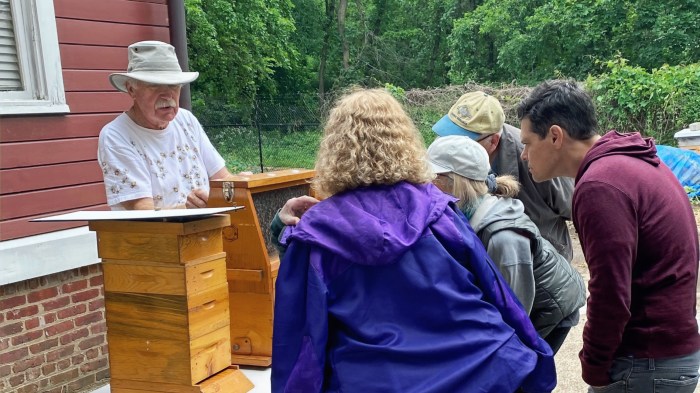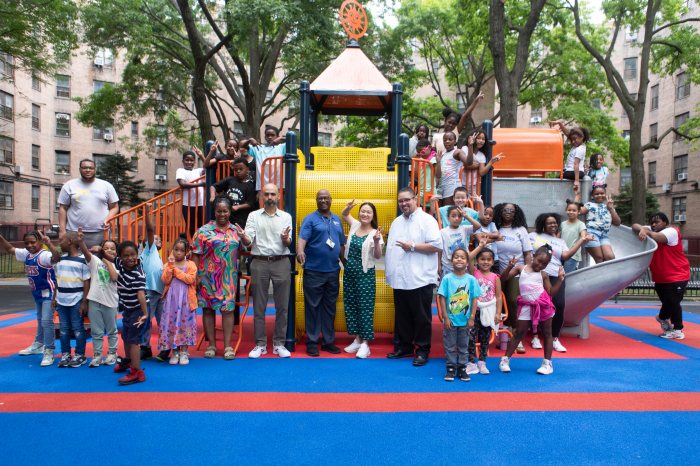The New York City Council took a step towards making air healthier at parks and beaches by voting to expand on the Smoke Free Air Act.
The new measures now prohibit smoking in parks, beaches, marinas and boardwalks. In addition, smoking will not be allowed at pools, recreation centers, pedestrian plazas and “all other property, equipment, buildings and facilities under the jurisdiction of the Parks Department.”
“The statistics don’t lie; secondhand smoke kills. With this bill, all New Yorkers can now breathe easier and breathe cleaner air,” said City Council Speaker Christine Quinn. “No one should have to inhale deadly cigarette smoke when they go to a park or beach.”
Banning smoking in these areas will also reduce the amount of litter.
“This summer, New Yorkers who go to our parks and beaches for some fresh air and fun will be able to breathe even cleaner air and sit on a beach not littered with cigarette butts,” Mayor Michael Bloomberg said. “By voting to prohibit smoking in all 1,700 city parks and 14 miles of beaches, the City Council will help us protect more New Yorkers from the harmful effects of secondhand smoke – particularly to children who suffer from asthma.”
Those who violate the new law, which will be enforced by the Parks Department, could receive $50 fines for each violation.
New York City Health Commissioner Thomas Farley said that smoking is the leading cause of the city’s preventable deaths. Each year, smoking kills an estimated 7,000 New Yorkers. However, Farley said “great strides” have been made due to increased cigarette taxes and the Smoke Free Air Act.
“As a result, from 2002 to 2009, the smoking rate in New York City decreased by 27 percent and an estimated 6,300 lives were saved,” he said. “But there are nearly a million smokers in New York City and increasingly research shows that even outdoor exposure to secondhand smoke can have adverse health effects. With this bill, New Yorkers will not be exposed to the dangers of secondhand smoke in parks or on beaches, and children who go there to play will not get a lesson in how to smoke.”
Areas that will remain unaffected by the ban are parking lots, sidewalks that connect parks squares and public places, and pedestrian routes “though any park strip, median or mall that is adjacent to vehicular traffic.” The ban will also not apply to actors in theatrical performances.
New Yorkers interested in quitting smoking can call 3-1-1 for more information.

































